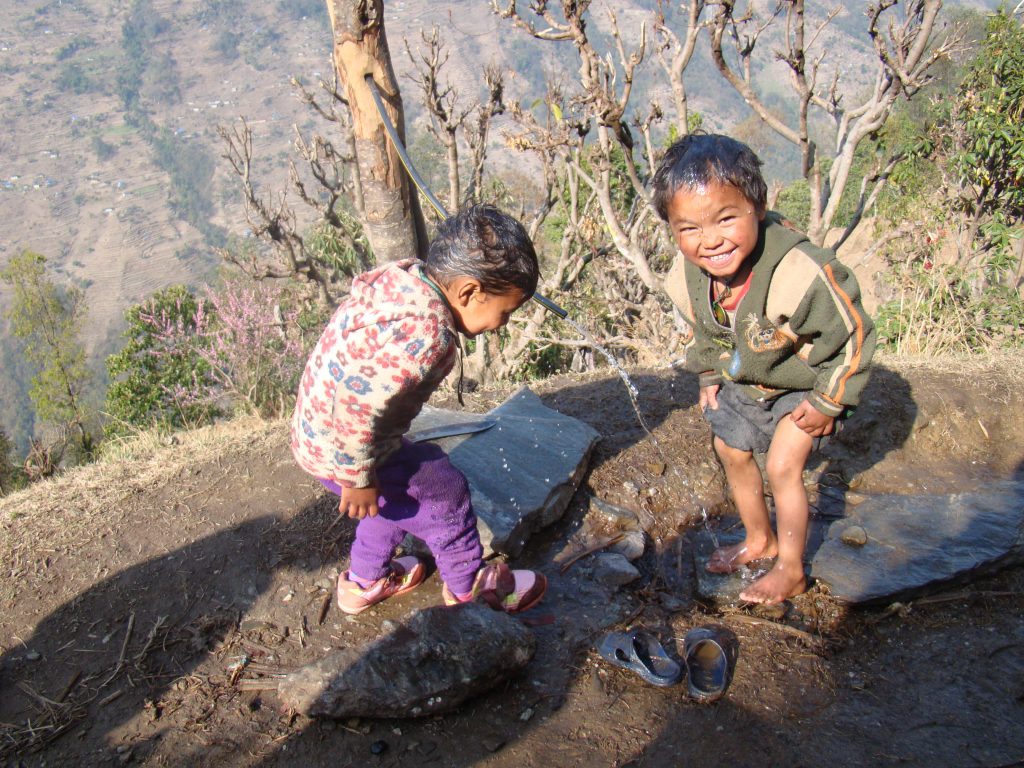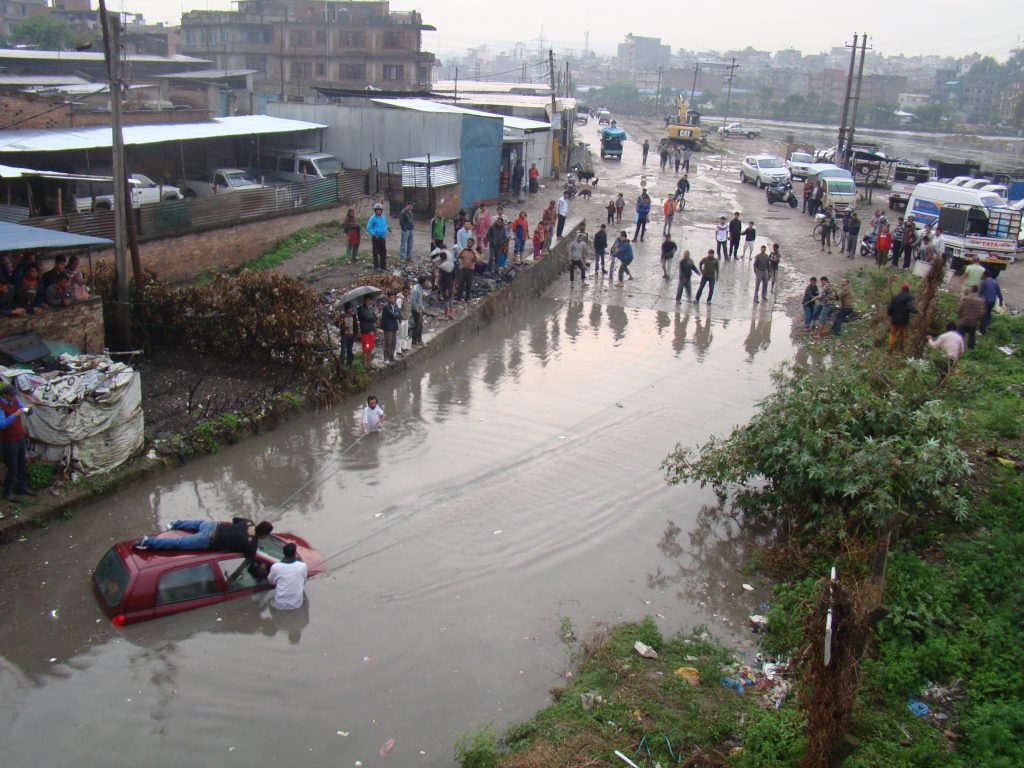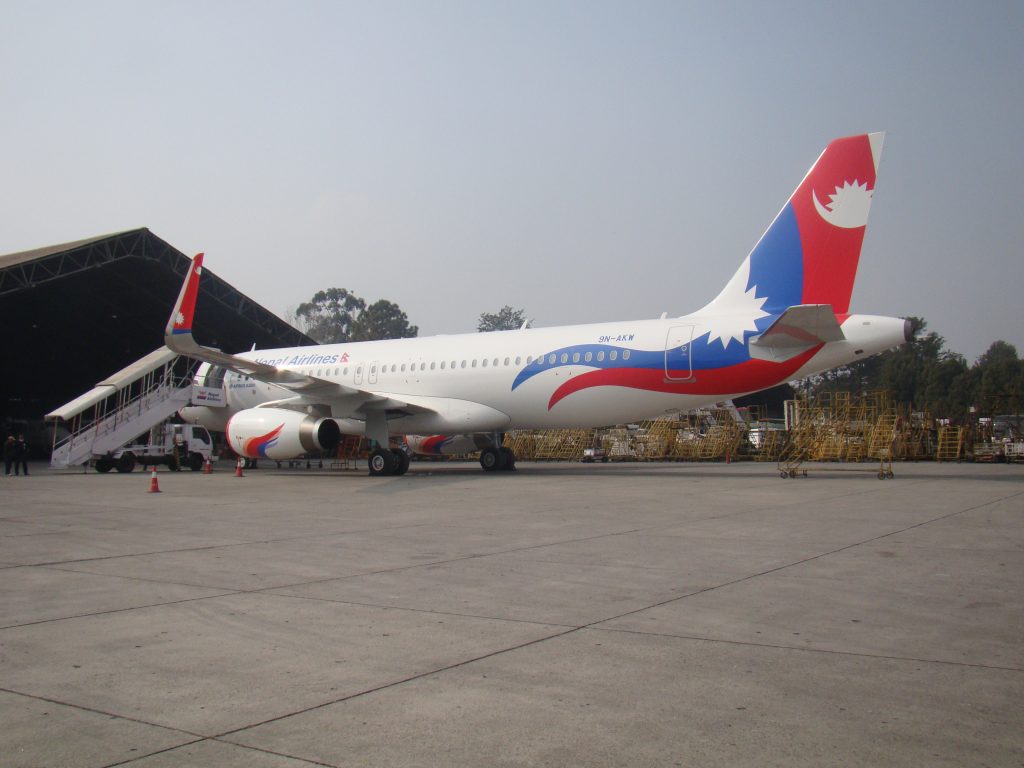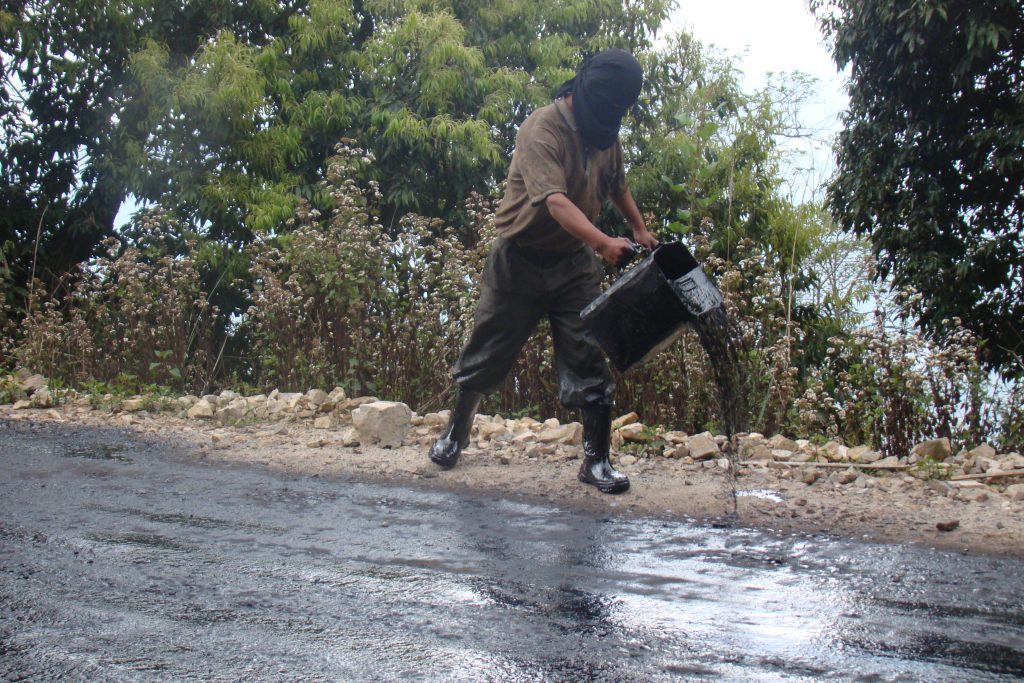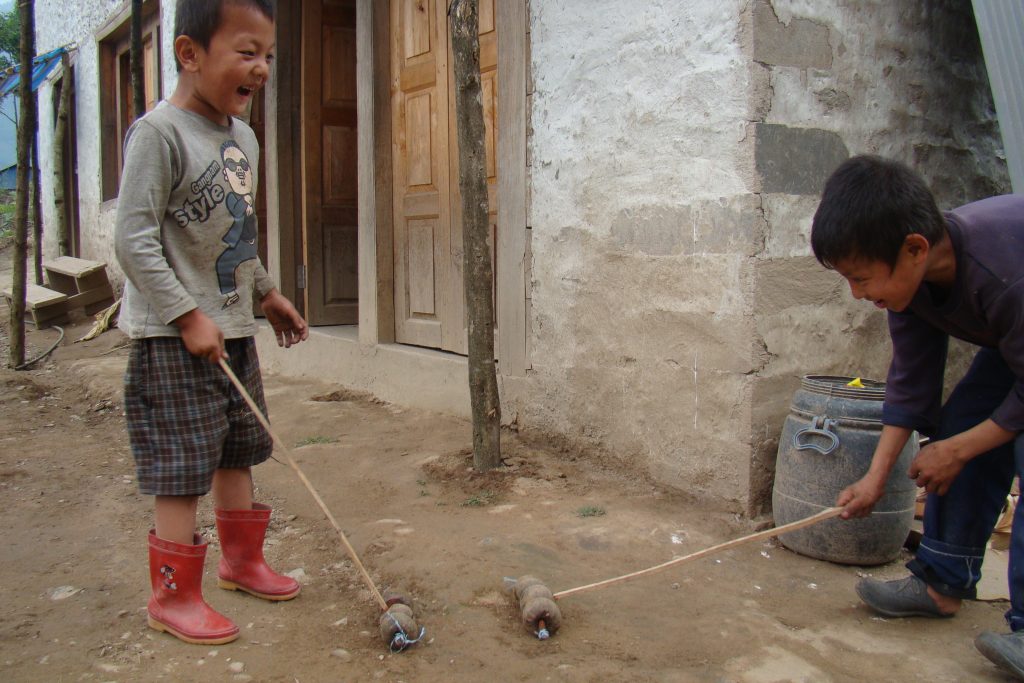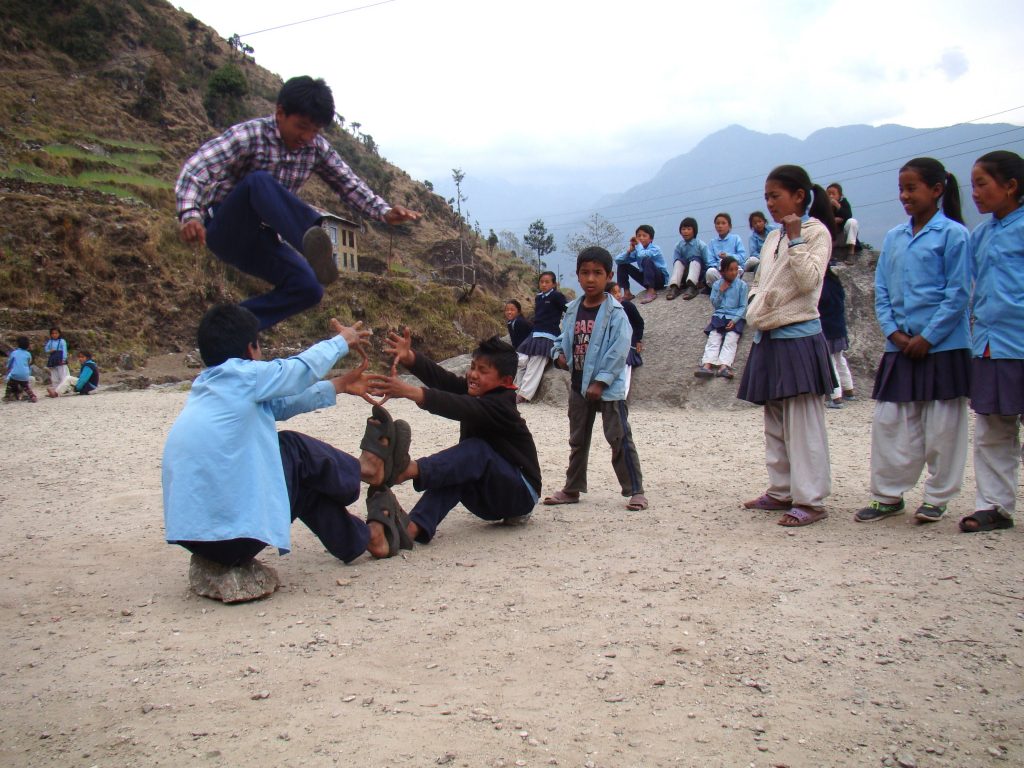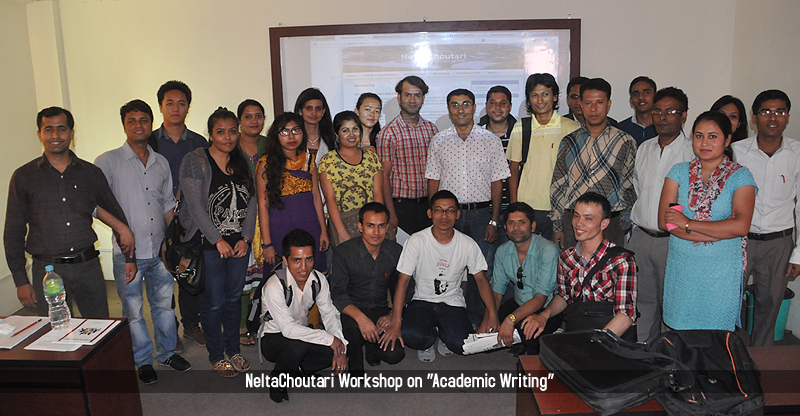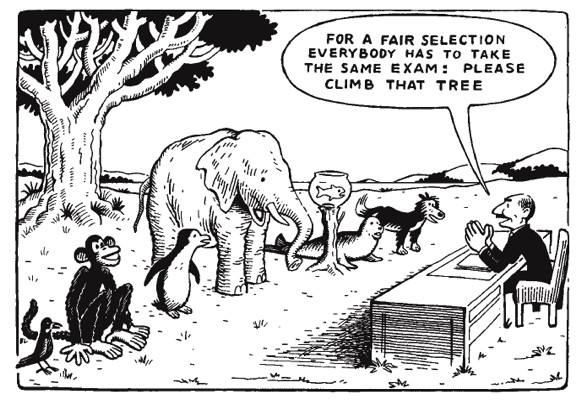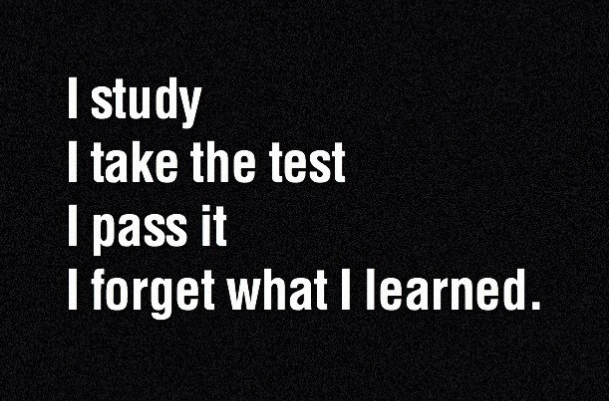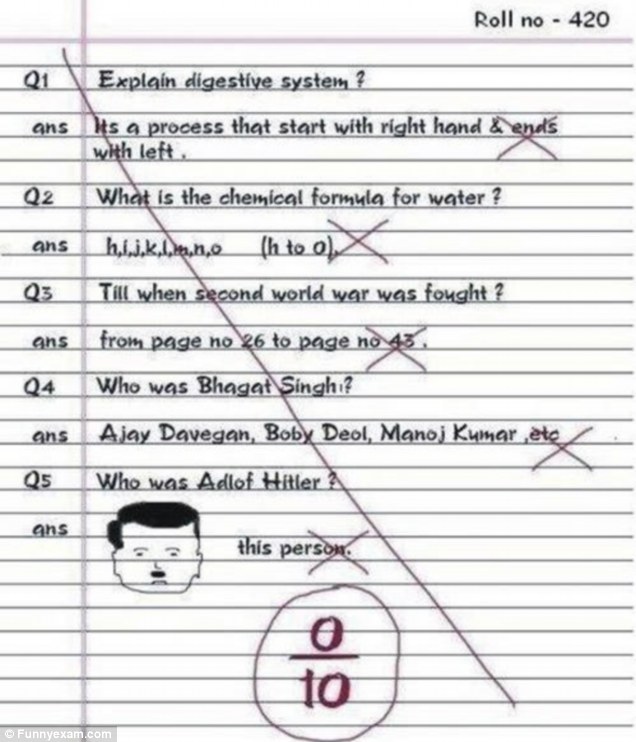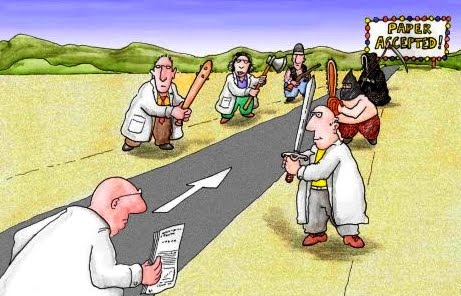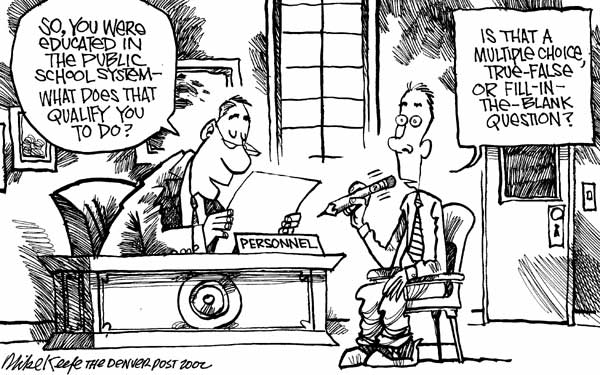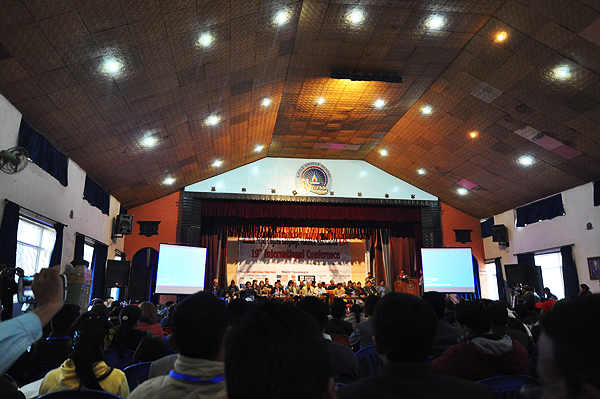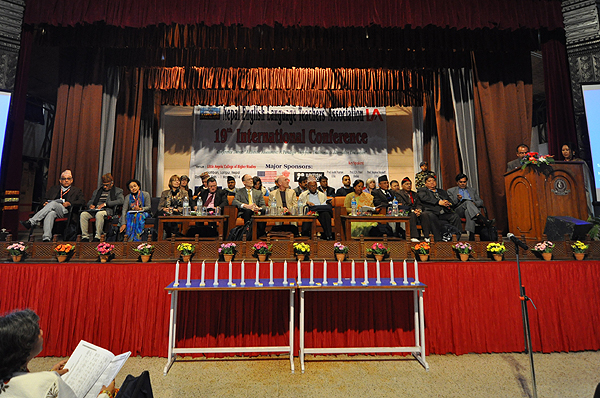Laxman Gnawali
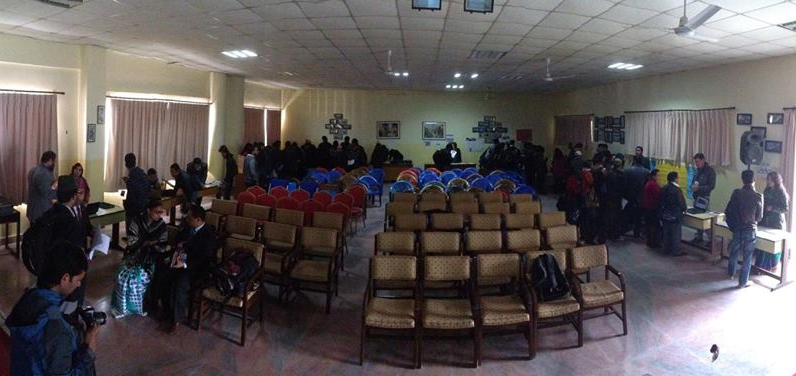
NELTA added a special event to its 19th International Conference 2014: Interactive Language Fair (ILF) designed after the IATEFL’s ILF. In this event, 16 presenters showcased their research, innovations and experiments. As I coordinated this event, I would like to briefly describe the process of preparing and organizing the event.
Once the NELTA Conference Organizing Committee approved the proposal for the Interactive Language Fair and entrusted me with the responsibility to coordinate it, the call for proposals was made via emails, Yahoogroups, Facebook and the NELTA website. I received queries from potentials presenters asking me what it was and how they could participate in it and I did my best to explain the nature and the process of the Fair. The proposals were submitted from home and abroad. Once the proposals were accepted, I asked the presenters to get ready with their slides and other the materials for the Fair.
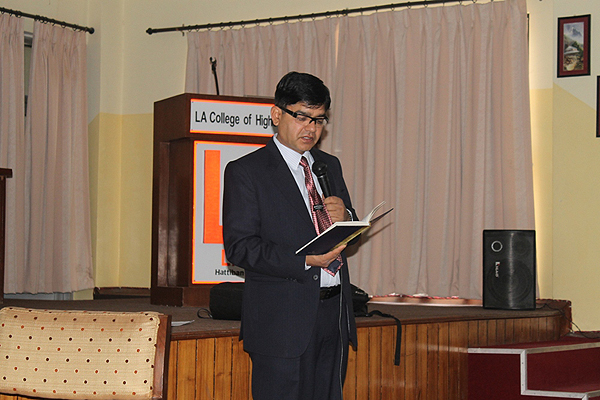
The Fair was scheduled for Day 3 of the conference, i.e. 1st March. Sixteen presenters came ready for the presentation. The hall opened for setting the show one hour before the Fair actually started. The presenters arranged their tables along the walls of the hall and displayed their materials on the laptops, tables and the walls.
When we opened the door for the participants, the hall was filled with very inquisitive ELT professionals and enthusiasts. The presenters made two-minute thumbnail presentations introducing themselves and highlighting the innovations they had made and invited the participants to visit their tables. Once the thumbnail presenters were over, the participants visited the presenters of their choice and asked questions, listened to the explanations, played games, tried the materials, clicked through the slides and also exchanged the information. What follows is the brief description of each of the presentations.
Babita Sharma Chapagain from Nepal shared samples of the reading materials developed by trainee teachers based on the local/rural context. She shared photos and sample books that were developed by the trainees and interacted with the visitors. Manju Bajracharya from Nepal shared the report of an action research she carried out with aim attempt to improve English spellings. She engaged visitors with some interesting spelling tasks and games. Dipesh Kumar Shah from Nepal shared his ideas on critical thinking that he tried out in his EFL classroom. Md Mahmudul Hasan from Bangladesh showcased his innovation called Smart Gamification. Illustrating what a flipped classroom is, he engaged visitors in games and exercises based on the concept.
Naheed Haq from Pakistan shared her research on formative assessment as a systematic part of teaching. Claire Bradin Siskin from India described and demonstrated the ESL Writing Online Workshop (ESL-WOW), an online multimedia program designed to guide non-native speakers of English through each stage of the writing process. Jeevan Karki from Nepal shared introduced a webzine and shared the ideas of encouraging students for creative writing by publishing their writing instantly in the webzine. Prof. James Crocker from Japan showcased The Font – A Literary Journal for Language Teachers, a publication which focuses on language teachers and learners’ writing about their experiences as language educators abroad and at home. Dinesh Kumar Thapa from Nepal shared the art of making learners engaged with reading texts at a deeper level with the aid of graphic organizers. Kshitiz Upadhyay-Dhungel from Nepal shared an experience of a Principal of ECD pre-school in learning/teaching English language in a more lucid way in the Nepalese context.
Durga Prasad Pandey from Nepal highlighted self-management as a way to self-leading professional development. The visitors discussed ‘Doing’ (Physical), ‘Thinking’ (Mental), ‘Feeling’(Social), ‘Being’(The self). Shyam Kumar Shrestha from Nepal got the visitors to share their experiences of teaching children who are uninterested in reading authentic materials. Praveen Kumar Yadab from Nepal shared the experience of professional development in ELT through blogging on NeltaChoutari. Dhani Ram Yogi and Bir Singh Nayak from Nepal showed the link between the content from social studies and EFL teaching and learning based on project based learning concept. Sagun Shrestha from Nepal argued that technology brings amicable language learning environment in the ELT classrooms and demonstrated the use of some online resources such as nicenet, delicious and others. Teachers of English Access Micro-Scholarship Program Mandira Adhikari, Radha Krishna Humagain, Gokul Sharma and Kalpana Poudel and some of their students showcased a non-traditional classroom through a ‘poster presentation’ for a ‘gallery walk’.
During and after the Fair, I reflected and made two conclusions. First, when we visit other countries and participate in ELT events, we can and we should return with ideas to add new activities and try them out here in Nepal. I initiated this ILF event because I had attended a similar event in the IATEFL Liverpool Conference in 2013. I feel this is a way to enrich our practices. Two, the ELT professionals in Nepal are comparable at the international level which was demonstrated by the quality of the presenters in the Fair. The visitors/participants said that the Fair was a good learning opportunity for them.
The Interactive Language Fair will continue at the NELTA 2015 Conference.
—
Laxman Gnawali
Associate Professor (ELT)
School of EducationKathmanduUniversity
—
Some of the photos of the ILF:
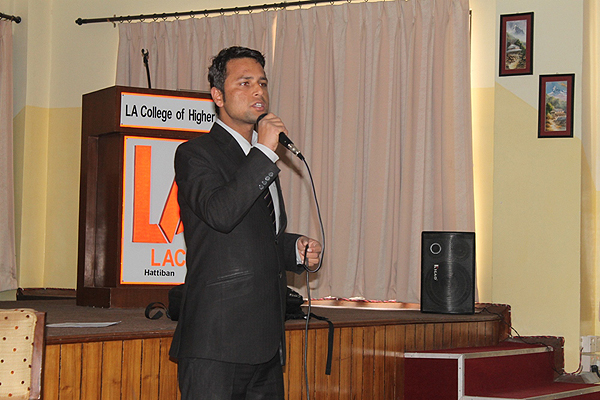
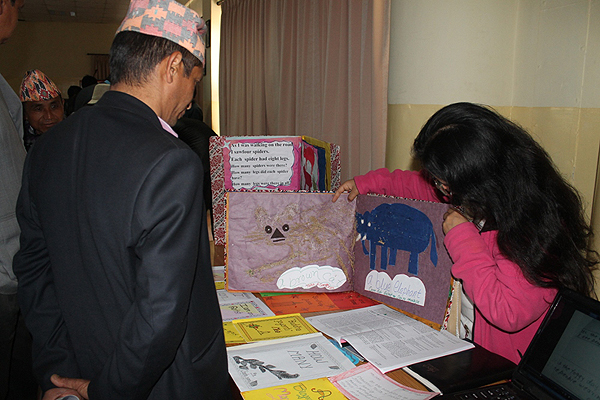
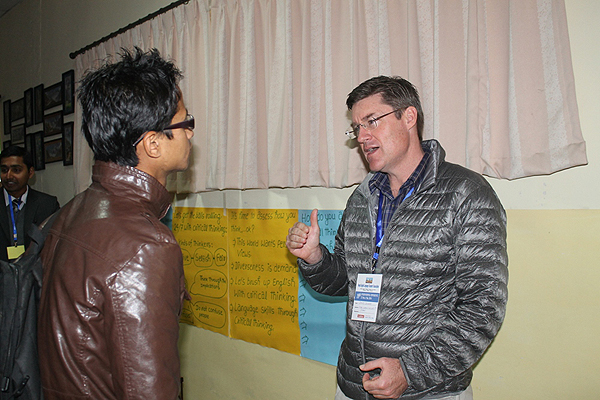
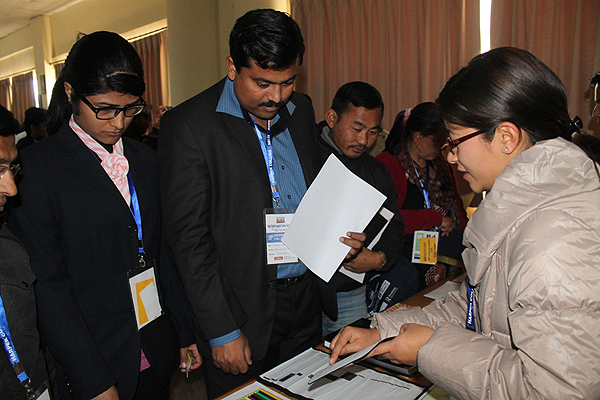
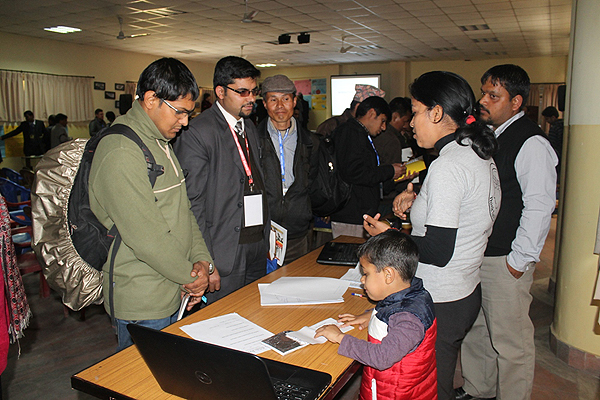
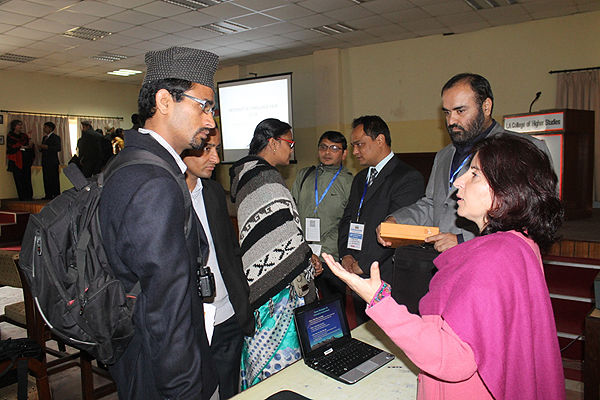
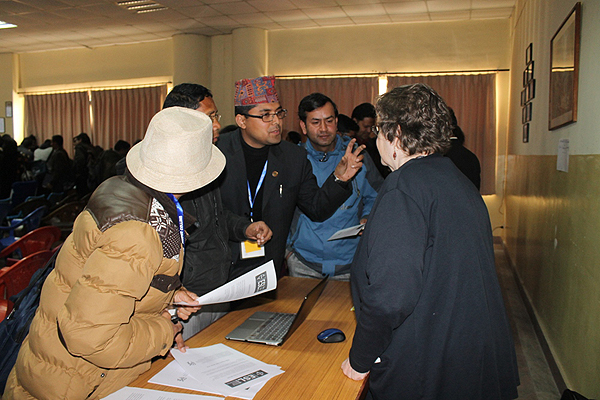
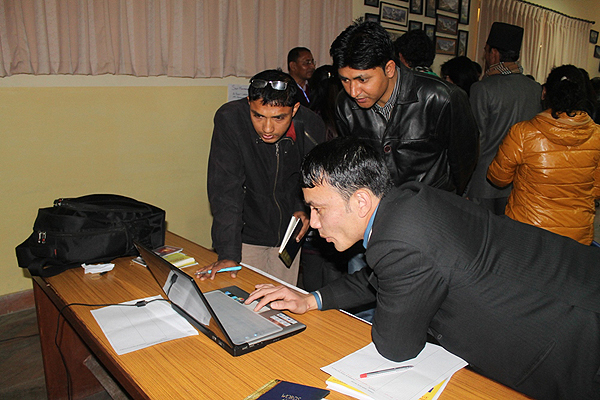
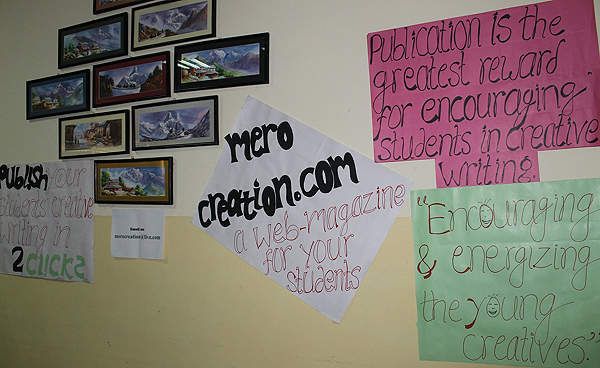
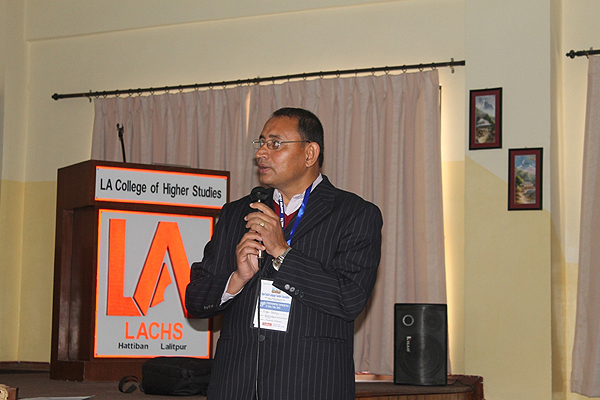
—
Photos: Umes Shrestha
Like this:
Like Loading...
